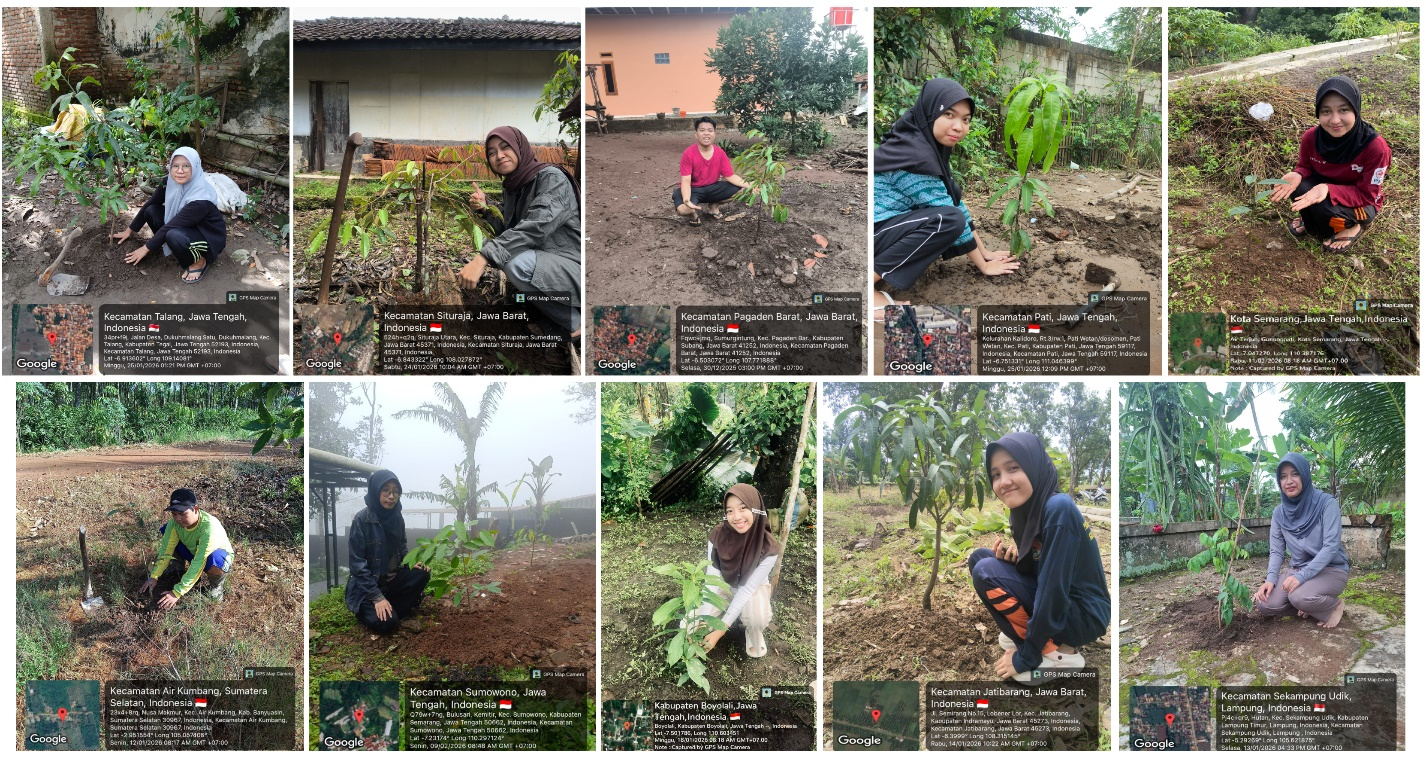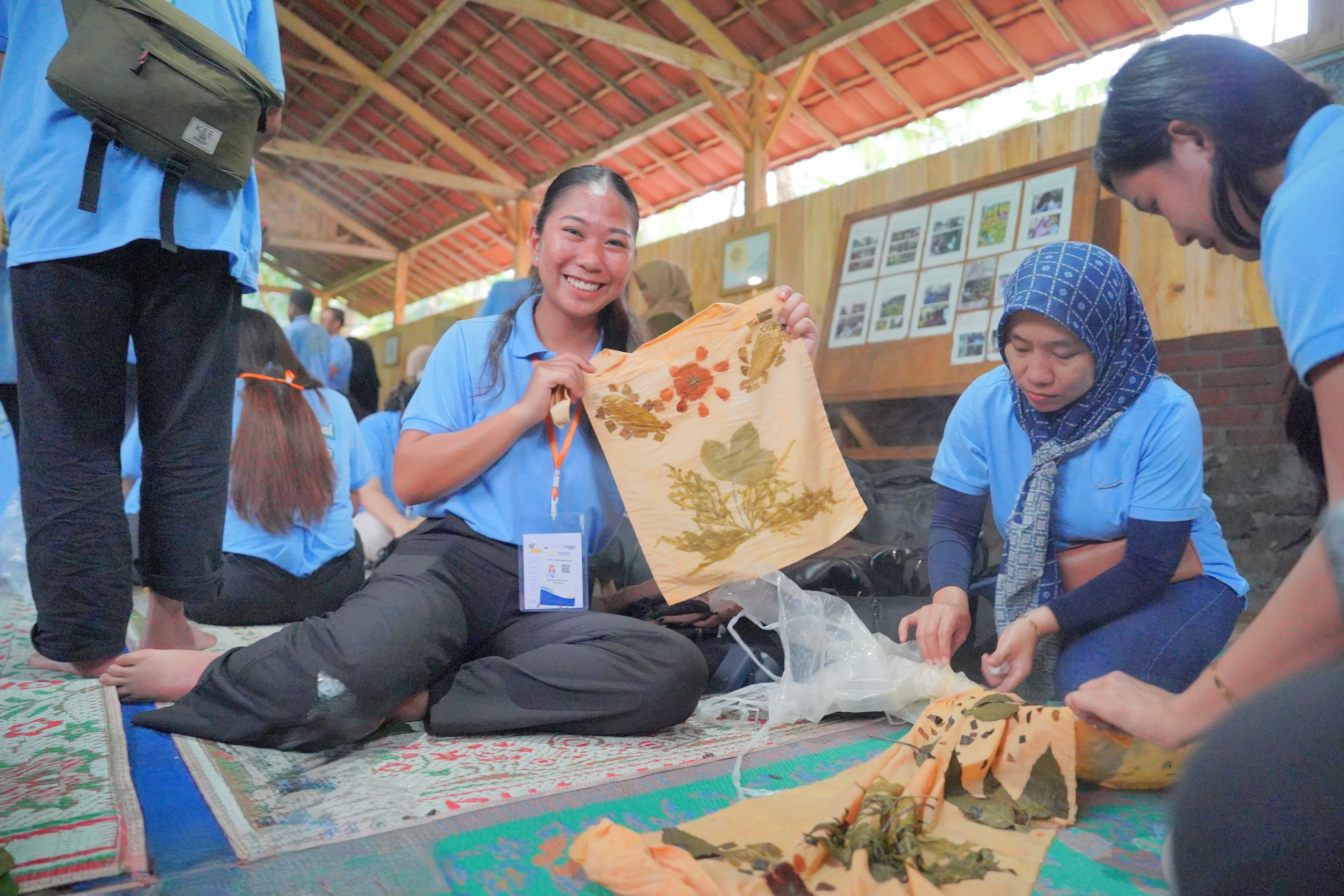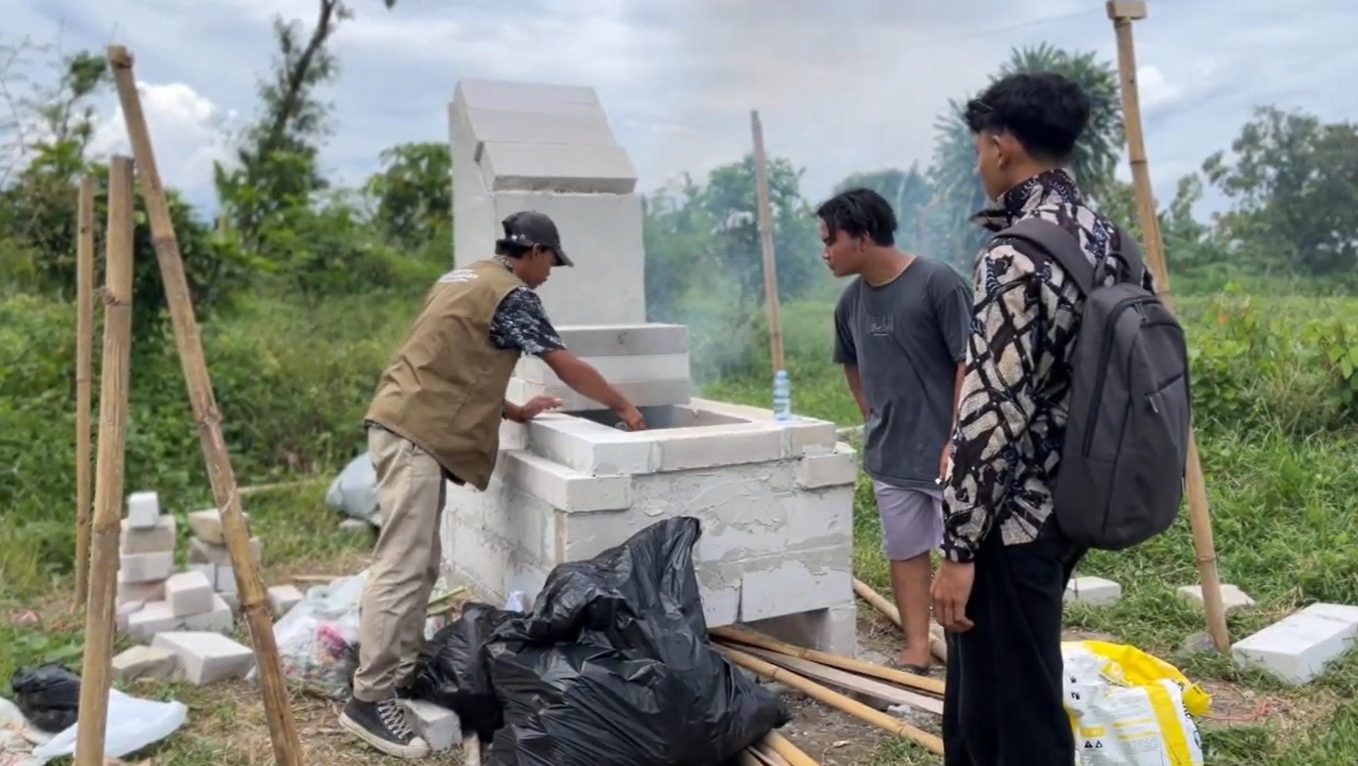Akademikus di perguruan tinggi didorong meningkatkan peran dalam penanganan wabah pandemi Covid-19. Peran tersebut dapat dijalankan dalam disiplin ilmu masing-masing. Dalam bidang penelitian, akademikus dapat memberikan gambaran ihwal realitas terkini dan menunjukkan arah penanganan yang komprehensif. Kerja sama kelembagaan antar-perguruan tinggi semakin diperlukan untuk meningkatkan capaian dan inovasi dalam pendidikan, riset, dan inovasi.
Dosen Jurusan Bahasa dan Sastra Indonesia Fakultas Bahasa dan Seni Universitas Negeri Semarang yang juga Wakil Dekan I Bidang Akademik, Dr. Tommi Yuniawan, menuturkan penanganan wabah tidak bisa dilakukan secara individual dan parsial. Namun, diperlukan kerja sama antarnegara supaya penanganan lebih terkoneksi.
Dalam bidang bahasa, sastra, dan pembelajarannya, pandemi telah mengubah banyak hal, baik dalam wilayah praksis maupun lanskap penelitian. Akademikus mesti melihat hal ini sebagai peluang sekaligus tantangan.
Hal itu pula yang melatarbelakangi penyelenggaraan kuliah umum dosen tamu antara FBS UNNES dengan University Malaysia Sabah dengan tema “Pandemic Covid-19 from the Perspective of Linguistics, Literature, and Language Teaching”. Program ini akan berlangsung seminggu sekali selama tiga kali dan sudah dimulai pada Sabtu (4/9/2021) lalu melalui platform Zoom.
Tommi mengatakan, sejalan dengan upaya penanganan pandemi, muncul narasi tandingan yang cenderung tendensius, emosional, dan tidak mempercayai sains. Di media sosial, narasi tersebut mesti diakui telah memengaruhi banyak orang sehingga semakin menghambat penanganan wabah yang di Indonesia berlangsung sejak Maret 2020 ini.
Dalam pemberitaan media massa, Tommi menyebut pemberitaan dapat dikategorisasikan ke dalam sejumlah hal, antara lain, topik atau judul berita yang menggambarkan ketakutan atau kekhawatiran Covid-19, terkait dampak dan efek, konflik dan pertentangan terkait klebijakan penanganan, menggambarkan anjuran atau instruksi, juga harapan dan solusi. Topik-topik tersebut, selain ada di dalam media massa di Indonesia, juga muncul dalam pemberitaan di The Star, salah satu media massa di Malaysia. Tommi menyebutkan hasil pemetaan dapat digunakan sebagai landasan, misalnya, untuk teks kesehatan dalam bahan ajar.
Dosen University Malaysia Sabah, Dr. Warda Din, mengemukakan sejumlah tren yang berkembang dalam pembelajaran bahasa Inggris pada masa pademi. Ia mengatakan english language teaching atau ELT selalu berubah mengikuti zaman. Dalam arti, guru terus mencari metode pengajaran yang lebih baik dan efektif.
Warda menyatakan tren populer ELT di masa lalu telah menghilang hari ini dan telah digantikan oleh yang lain. Beberapa faktor telah berkontribusi pada adopsi tren baru di ELT, tidak terkecuali pada faktor pandemi. Ia menyebut kegiatan pengembangan profesional guru dalam jabatan yang dilakukan oleh dosen ternyata memiliki pengaruh yang kecil terhadap perilaku guru di tempat kerja mereka. Dengan demikian, diperlukan terobosan dan pengembangan metode baru untuk untuk meminimalkan efek negatif dari kekurangan yang dialami oleh para guru.
Berita ini telah dipublikasikan di https://fbs.unnes.ac.id/2021/09/06/kuliah-umum-fbs-unnes-university-malaysia-sabah-meningkatkan-peran-untuk-penanganan-pandemi/ pada tanggal 7 September 2021




